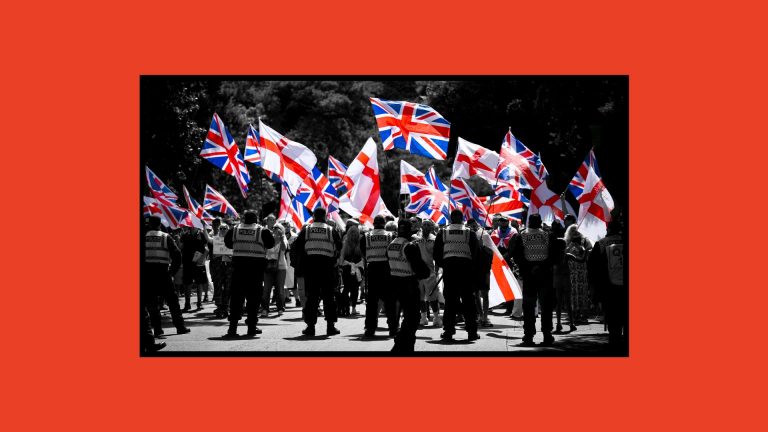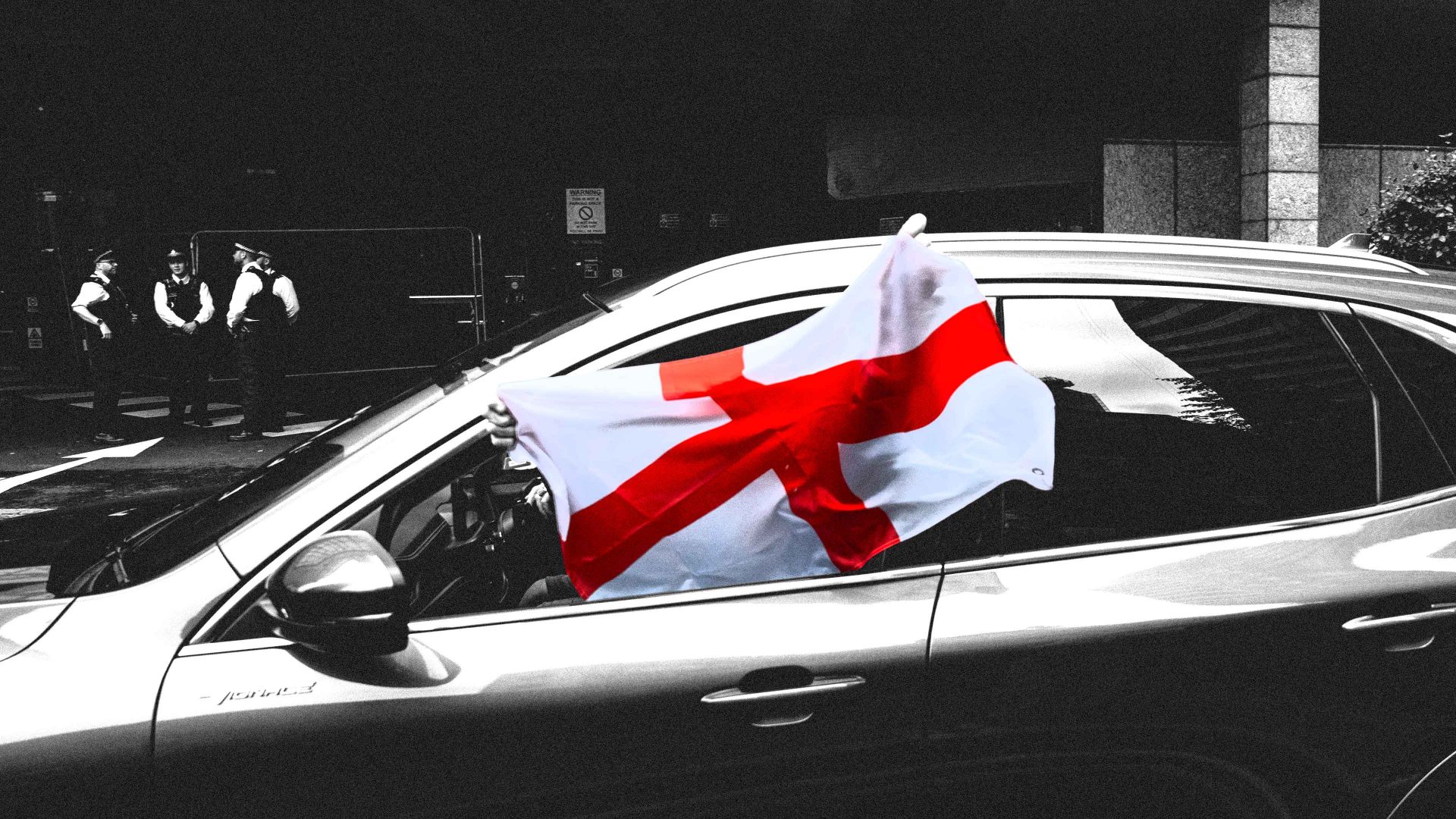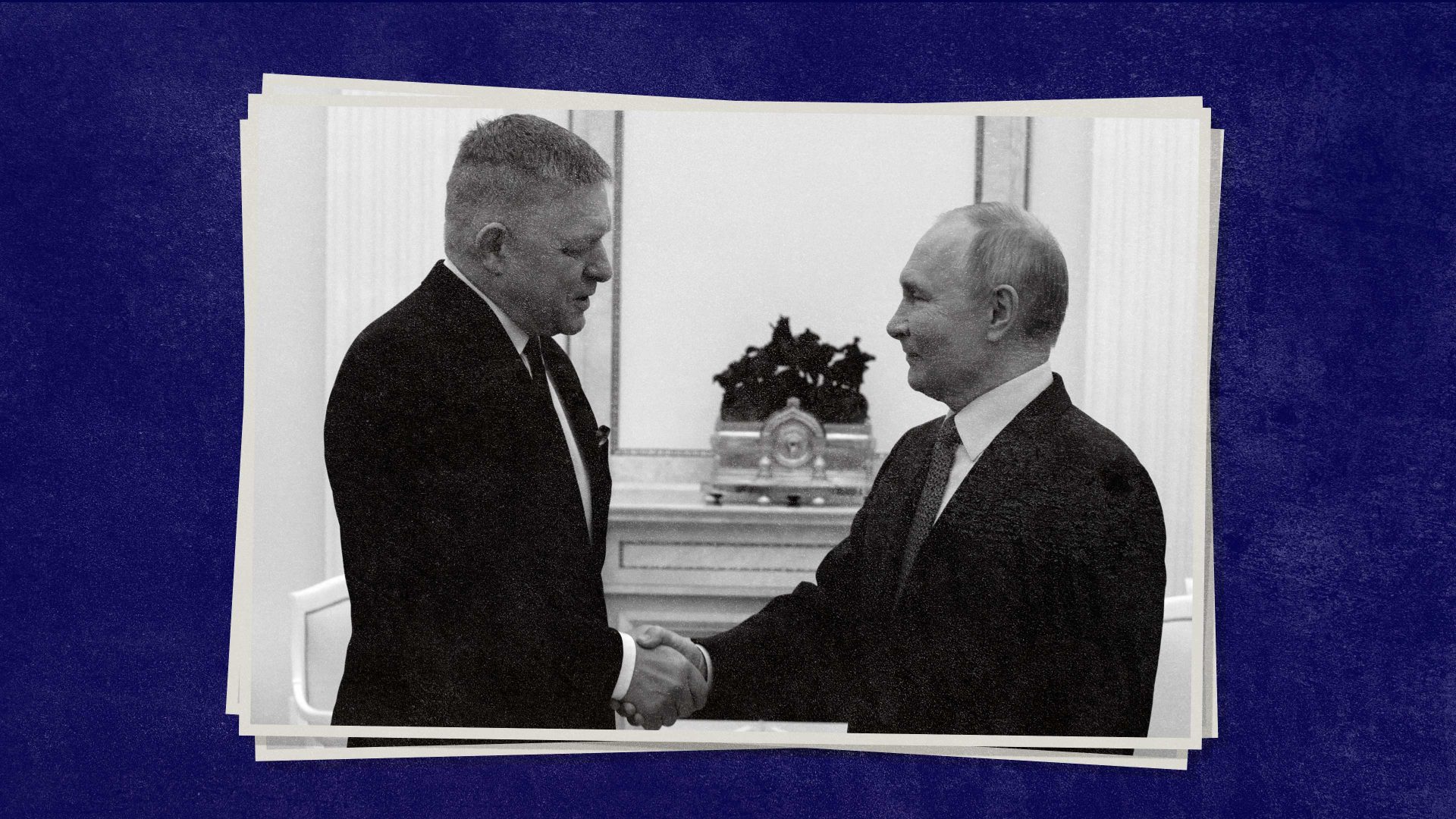England – there is much about it to admire. The landscapes and coastlines, castles and ancient monuments, the buildings; culture in abundance, catering for all tastes, and excellent food, not all of which requires a mortgage to sample. Some of it is even produced locally: Stilton cheese paired with a Cox’s orange pippin apple is perfection.
So I could say that I love my country. Not so long ago, that might have extended into a declaration of patriotism, but not in the way that term seems to be interpreted today. The notion of supporting “my country, right or wrong” probably did have widespread support once. When in 1933 the University of Oxford Union debated the motion “That this House will under no circumstances fight for its King and country” and voted 275 in favour and only 153 against, it caused shockwaves, with Winston Churchill declaring it an “abject, squalid, shameless avowal”.
But only a few years later, the war mobilised most UK citizens, including former Oxford students, to join up. They were fighting not only patriotically to defend their country but in a just cause to defend much of Europe. Charles de Gaulle was the figurehead of the French fight during that war and, on his resignation as French president in 1969, he produced his own definition of patriotism: “Patriotism is when love of your own people comes first: nationalism, when hate for people other than your own comes first”.
This is often given as a definition of the distinction between two concepts that are increasingly being merged, and that new combination provides a cloak of pseudo respectability for all the dreadful flag-flying that is engulfing England at the moment. Nationalism is straight-forwardly nasty and it is rife in much of Europe, fuelled by the current waves of migration. But, as has been shown by the rise of the far right across the continent, there is a long-festering and deep-seated discontent, for which “foreigners” are easy to blame.
Yet de Gaulle’s definition of patriotism is in itself somewhat dubious. It begs the question: who are “your own people”? And if it is possible to define that group, does patriotism demand that they be supported in every situation?
It is not only in the UK that “your own people” seems to be a definition that depends not so much on country of birth or residence, but on race. On a recent visit to Copenhagen, it was remarkable that so many Danes volunteered positive thoughts on their country. They praised its cleanliness, its “fairness” and were overwhelmingly proud of the place and delighted to be living there.
It was impossible to imagine a similar mass reaction from a random collection of London residents, despite the many attractions of the city and allowing for the natural cynicism of the average Brit.
The cleanliness was undeniable. In part it is due to the deposit scheme which means all drinks bottles and cans are returned to vendors rather than dumped. But things are perhaps not quite as fair as Danes might like to believe, as evidenced by the people desperately harvesting what discarded bottles and cans they could find in order to generate some income.
Suggested Reading


Britain’s real immigration scandal is not the one you think
Denmark has also faced mounting racism against some of its people and long-term residents as levels of migration have increased and so, in recent years, it has instituted some of the most draconian policies for dealing with immigrants found anywhere in Europe. Those policies have come from a left-wing administration, with the consequence that the right wing parties have been kept at bay. Charles de Gaulle would certainly rate such behaviour patriotic.
Britain is undoubtedly moving towards a much tougher approach to dealing with immigration, even if it does not reach the Danish extreme, and that would go a little way to appeasing the demonstrators outside the hotels housing asylum-seekers and the most vigorous wavers of the St. George’s flag. But it will not eradicate the racism that continues to mount and is now causing real fear within the Jewish community. Whether or not a Jewish person supports Netanyahu’s destruction of Gaza and its people is irrelevant to those who are using the war as a reason to give their antisemitism free reign.
The question of who “your own people” are in Britain nowadays is also determined by background. The idea of a classless society is a distant dream. The issues that might drive an old Etonian now working in an investment bank to stand up for his country would not necessarily chime with those that would inspire the people who queue up to praise the law-breaking Tommy Robinson, one of the UK’s most vocal far-right activists.
The deputy leader of the Labour party, doubling up as housing minister, certainly could have made a better job of dealing with her tax affairs – and she deserved to be held to account. The hounding of Angela Rayner may or may not have been influenced by her background but her defendants certainly chose to make much of her “working class” credentials, just as the prime minister, Sir Keir Starmer, has repeatedly boasted that his father was a humble “toolmaker”.
So, who are my own group of people? For one thing, we are the ones who desperately wanted the UK to remain as part of Europe. That we have been so clearly vindicated by the costs of Brexit is little comfort and we still hope for the resumption of that relationship. But in the eyes of many people that probably disqualifies us from being considered patriotic.




